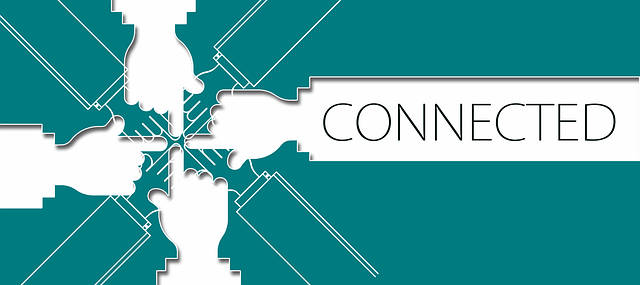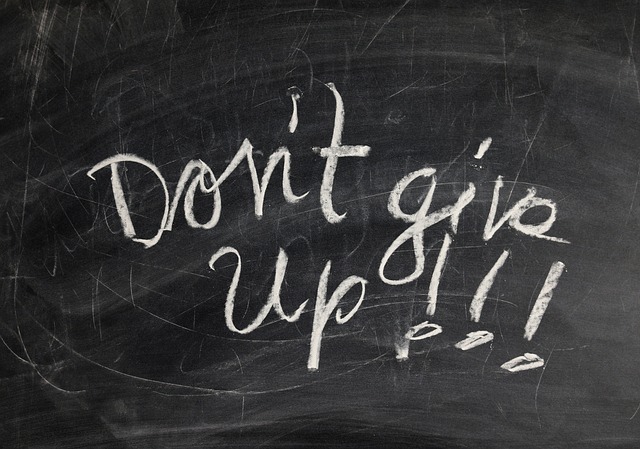 Last week here I shared a dirty little secret. Authors get the blues. Depression strikes when you least expect it: upon the successful publication of your book.
Last week here I shared a dirty little secret. Authors get the blues. Depression strikes when you least expect it: upon the successful publication of your book.
I did not intend to discourage writers from pursuing the path to publication, though it may have had that effect on those who hadn’t realized how much hard work and personal sacrifice might be involved. Today I’d like to share the upside of writing and publishing your work. Hopefully, this will offer encouragement to those who take the journey. It’s as much about the adventures along the way as it is the final destination.
So what WILL you gain from all your hard work?
 First, writing itself has its own rewards. Whether you decide to publish or not, you can enjoy the tremendous benefits from putting your words to paper. Since the mid-1980s, studies have provided evidence of the value of expressive writing as a way to bring about healing – measurable changes in physical and mental health. It can also positively affect people’s sleep habits, work efficiency, and social relations. Dr. James Pennebaker at the University of Texas-Austin pioneered research on the effects of expressive writing and Joshua Smyth, Ph.D., of Syracuse University has also been at the forefront with studies that suggest writing can boost immune functioning in patients with illnesses such as AIDS, asthma, and arthritis. The “writing to heal” movement has served adult victims of domestic violence, child abuse, and PTSD, and has been recognized as therapeutic by the American Psychological Association and Veterans Administration. You’ll feel better if you write your book.
First, writing itself has its own rewards. Whether you decide to publish or not, you can enjoy the tremendous benefits from putting your words to paper. Since the mid-1980s, studies have provided evidence of the value of expressive writing as a way to bring about healing – measurable changes in physical and mental health. It can also positively affect people’s sleep habits, work efficiency, and social relations. Dr. James Pennebaker at the University of Texas-Austin pioneered research on the effects of expressive writing and Joshua Smyth, Ph.D., of Syracuse University has also been at the forefront with studies that suggest writing can boost immune functioning in patients with illnesses such as AIDS, asthma, and arthritis. The “writing to heal” movement has served adult victims of domestic violence, child abuse, and PTSD, and has been recognized as therapeutic by the American Psychological Association and Veterans Administration. You’ll feel better if you write your book.
If you pursue the path to publication, you’ll become a better writer. Like a musician, you advance with practice. And if you take classes or attend workshops, your skills improve. If you work with a writing coach or hire an editor, you’ll learn more about the craft of writing. And you will begin to recognize your own bad habits, mistakes, or common errors and more adeptly edit your own work. Becoming a more effective writer is tremendously rewarding.
 Putting together a book proposal helps you visualize the end product and create a plan for achieving your goals. Before you can convince a publisher you’ve got a project they’ll invest in, you build a strong case to convince yourself it’s worth the effort and expense. Actualizing your goals through strategic planning is tremendously rewarding.
Putting together a book proposal helps you visualize the end product and create a plan for achieving your goals. Before you can convince a publisher you’ve got a project they’ll invest in, you build a strong case to convince yourself it’s worth the effort and expense. Actualizing your goals through strategic planning is tremendously rewarding.
One section of a book proposal involves doing a comparative title analysis. That means you find the most recent and bestselling books you think compare favorably to yours. One bonus of this task is spending hours reading the best in your field. Most find the task of reading enjoyable and discover good writing inspires them to be a better person, not only a better writer.
Writing reviews for other authors’ books is fun. It helps you identify what qualities in a book you like and you’ll find you work towards making them what distinguishes your writing, too. Posting your book reviews on GoodReads and Amazon is a way to make an impression on authors you admire. And social media makes it possible for you to connect with authors, ask questions, and learn from them. Sharing your enthusiasm for a good book is contagious.
As you work on your manuscript and take classes or participate in writing workshops, you do more than work on improving your craft. You become part of a literary community where you make new friends and find support for your efforts. You build a support network that sustains you if you get a rejection letter or a negative review. Attending author events at your local indie bookstore or guest lectures at the library or university is good fun and low-cost entertainment.
 When you mingle at literary conferences, you get to meet your literary s/heroes, make acquaintances with new authors, gain introductions to agents and editors and publishers, too. You’ll be inspired, generate new ideas, and celebrate what you love: books.
When you mingle at literary conferences, you get to meet your literary s/heroes, make acquaintances with new authors, gain introductions to agents and editors and publishers, too. You’ll be inspired, generate new ideas, and celebrate what you love: books.
When you build your own website, you’ll glow with pride because you’ve mastered technical hurdles you never imagined you could. Gaining new computer and internet skills will make you the envy of friends and family. And perhaps generate some additional income if you turn those talents into a service you can provide for others.
Once you start to blog, you’ll discover what pulls readers to your writing. Figuring out what in your writing people respond to will help you identify what touches the hearts of readers. And you’ll engage with readers who become friends, allies, and your advance sales team. Gaining new friends and cultivating fans for your work is a sweet reward. You’ll meet people you would never otherwise have encountered and they will enrich your life.
Submitting short pieces or excerpts to literary journals, newspapers, or magazines gets your work reviewed by professional editors and an opportunity to gain helpful feedback even if your piece isn’t accepted for publication. Many publications do pay writers for their submissions. So you can earn a little extra money while building your writer’s resume.
 You’ll acquire the ability to take rejections and set-backs, and turn them into challenges and opportunities for personal growth and development. Some might say you grow a thicker skin, because you’ll find you don’t take criticism or rejection personally. You learn to take it professionally. And you’ll gain humility, reach new levels of compassion for others, and become a better person.
You’ll acquire the ability to take rejections and set-backs, and turn them into challenges and opportunities for personal growth and development. Some might say you grow a thicker skin, because you’ll find you don’t take criticism or rejection personally. You learn to take it professionally. And you’ll gain humility, reach new levels of compassion for others, and become a better person.
As you write, you’ll meet new people who are involved in your area(s) of interest. As you do research, you’ll take field trips, visit archives or museums, conduct interviews, see art exhibits, observe craftsmen at work, and have adventures.
While you explore opportunities to market and promote your book, you’ll discover organizations and associations doing important work, publications and journals worth exploring further, listen to radio programs and watch videos which fascinate, and collaborate with business professionals who make you shine. You’ll connect with those who love books, love your topic, love reading, love good writing, and love you.
Publishing a book will give you a sense of accomplishment from articulating your ideas clearly and cogently. You’ll find meaning and value in the work you do. And you’ll have developed the kind of self-discipline and dedication that leads to success in whatever else you do in your life besides write. You’ll be empowered in other arenas of your life from turning your good ideas into a great book.
When you read from your work-in-progress, prepare a TEDx talk, make a video book trailer, and eventually give readings from your book, you’ll gain confidence and poise in public speaking. You’ll develop leadership skills and become a role model to others.
And when you publish a book, you have an incredible opportunity to change the lives of your readers. And that may be the best reward of all.

So glad you decided to rescue my spirits with the upside of publishing. And luckily, many of the perks you mentioned here are gained simply by writing. One doesn’t necessarily have to get published to experience some of these benefits. Thank you for this. I am definitely a better person, a better writer, a healthier, happier, and better-connected person for all the writing I have been doing the past five years.